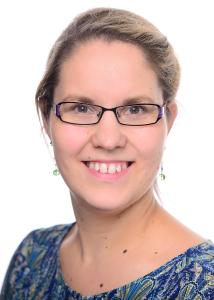Significant progress was made at the 154th meeting of the Executive Board of the World Health Organization (WHO). A decisive milestone was the design of the WHO strategy for the period 2025-2028, which will be submitted to the World Health Assembly (WHA) for approval in May. Member states signalled broad support for the comprehensive plan of the first round of investment, which is supposed to take place in November 2024. This was a crucial step for sustainable financing and strengthening of the WHO. The German leadership of the Working Group on Sustainable Finance received explicit praise for its outstanding work.
The session comprehensively covered health priorities, including universal health coverage, noncommunicable diseases, immunization, maternal and child health, neglected tropical diseases, antibiotic resistance, polio, emergencies, and health and peace. Progress has also been made on organisational and governance reform. However, there remains a lack of consensus on the details, and further negotiations are needed.
In a geopolitically challenging environment, there were also profound differences of opinion. The discussion centred on Gaza and Ukraine: Palestine accused Israel of violating international law and genocide in the Gaza Strip. Israel, in turn, accused the WHO of "collusion" with Hamas, i.e. to collaborate secretly, without WHO representatives responding to it during the meeting. The debate over the health situation in Ukraine led to controversy, with Russia rejecting a WHO report as "politically motivated". Other conflict regions, such as Afghanistan or Armenia, were only mentioned in passing.
In the context of the 154th meeting of the WHO Executive Board, an increasing polarization and regression on climate change, gender and geopolitics could be observed, which influence the work of the WHO. Some Member States are accused of deviating from milestones already achieved on climate issues and women's rights. For example, a draft resolution tabled by several countries (including Barbados, Fiji and the United Kingdom) has been rejected. The sticky points the application of the principle of "Common but Differentiated Responsibilities" (CBDR). Some countries fear that such an application could also spill over into the negotiations of the pandemic agreement. There is also disagreement over the need for a global action plan on climate change and health, as well as gender-responsive approaches. Another conflictual subject has been the inclusion of Rare Diseases International (RDI) and The Center for Reproductive Rights (CRR) in the group of organizations in official relations with WHO. Some countries raised concerns about CRR, which is being called a radical abortion group by pro-life groups. In the end, the decision on admission was postponed. These internal tensions and cultural clashes could potentially prevent the WHO from focusing on more pressing issues, such as climate change and other priorities.
Despite strong divergences on conflicts, as well as issues such as reproductive health, gender issues and LGBTQI+, participants stressed the need to remain in dialogue to promote compromise and consensus.
Read the full report here.



